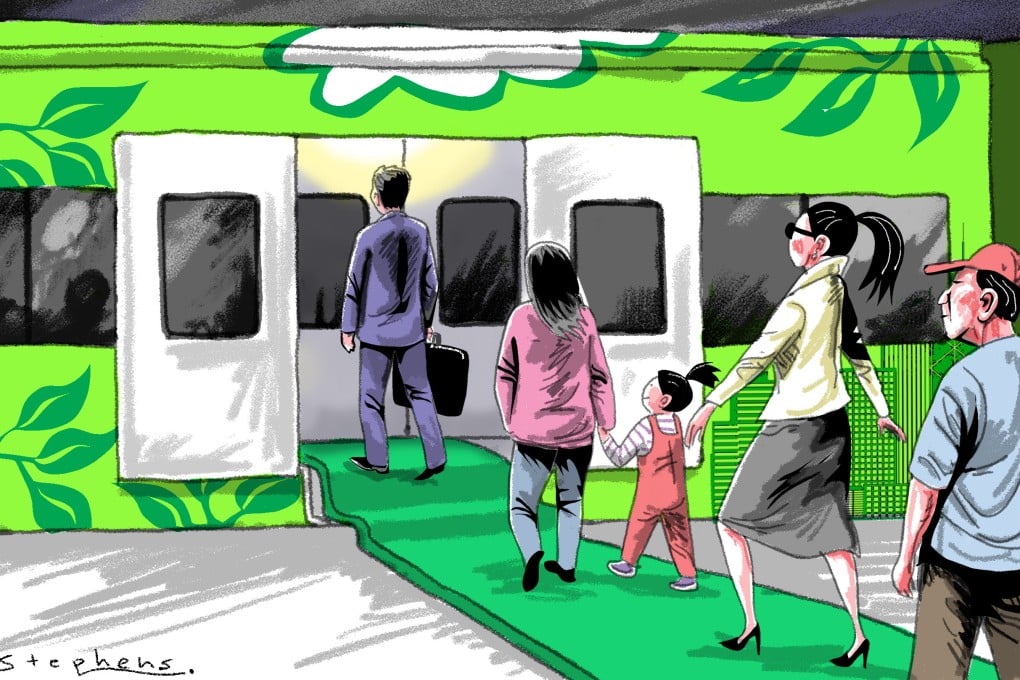Opinion | How free public transport can help Asian countries tackle climate change and inequality
- Some countries are embracing free or nearly-free public transport in an effort to reach their climate goals and fight inflation
- While this is not a panacea, it offers a way for Asia to address environmental issues and traffic congestion that slows economic growth

To ease people’s financial burden, typically bureaucratic Germany recently introduced one of its boldest experiments with lightning speed. It offered a €9 (US$9) monthly transport pass for local and regional public transport across the nation for anyone, including international tourists, from June to August. Spain is following suit with its own public transport discount making some rail journeys free until the end of the year.
The Association of German Transport Companies estimated that 52 million such tickets were sold, and I was among the buyers in August. This number does not include the 10 million season-ticket holders who were automatically granted one. An estimated 1 billion journeys were made monthly using the pass.
Coming with a hefty price tag of €2.5 billion, this has turned out to be one of the German government’s most popular policy decisions. German public opinion points to overwhelming support for its continuation.

